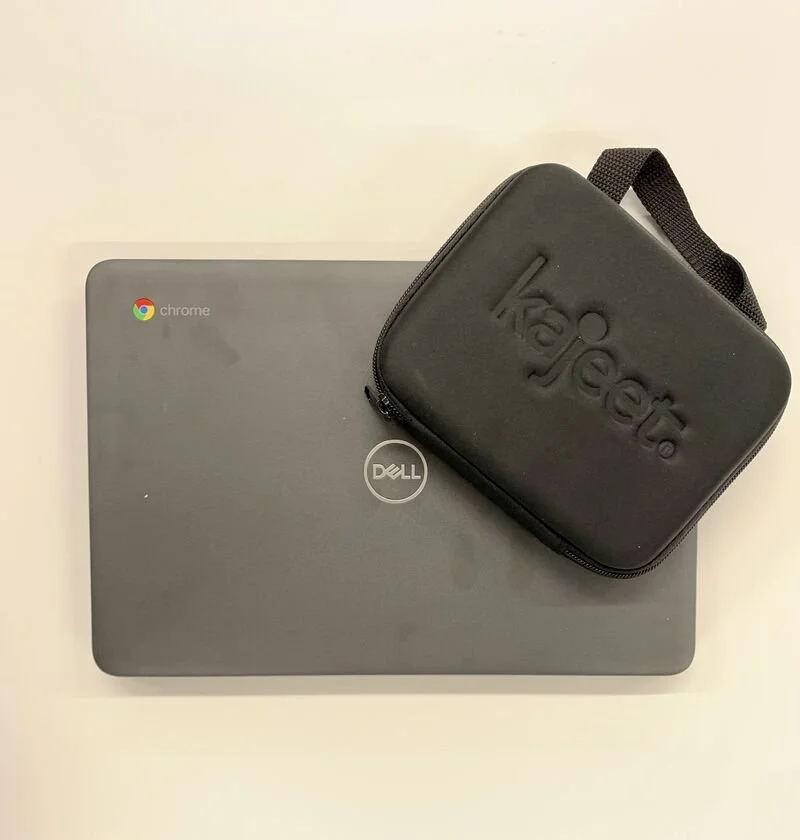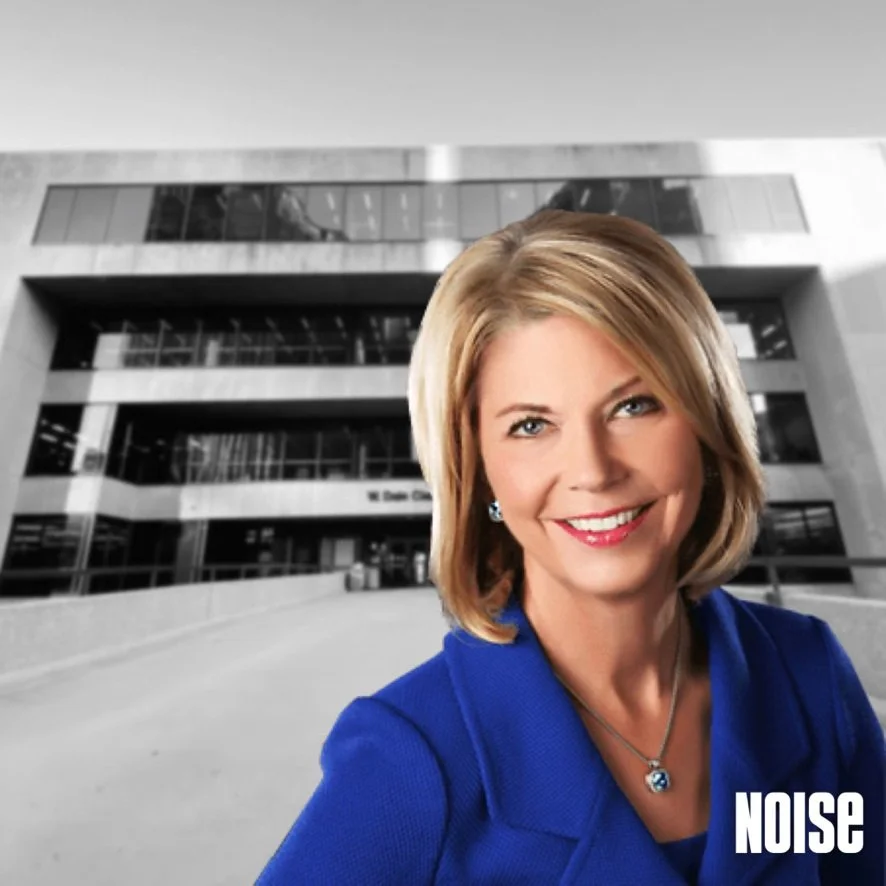Black People Excluded From Conversation about Omaha’s Future
The view from W. Dale Clark Library overlooking the Gene Leahy Mall. Citizens will lose this view when the library is torn down to make way for Mutual of Omaha’s new corporate headquarters which will not be open to the public. Photo credit: Omaha Public Library Flickr
By Ja Keen Fox
Ja Keen Fox is a lifelong racial justice advocate with an emphasis on issues impacting Black communities and recent founder of Jakeen Fox solutions, a racial equity consulting firm
“Wait, you are from Omaha, Nebraska? There are Black people there?”
If you are a Black Omahan traveling anywhere in America, you have heard this question. You have seen the disbelief and skepticism creep into the other Black person’s eyes when you answer “Yeah, we deep in Omaha!” You feel yourself begin to get defensive as you think of ways to prove that you exist fully in the city that shaped you. Raised you. But, intrinsically, you feel the deeper meaning of the question. In your search for evidence of the Black community in Omaha overflowing with rich culture and pride and a depth of institutional knowledge, you stumble across an Omaha World Herald article titled, “What they’re saying: Reaction to streetcar, Mutual of Omaha announcements.”
“Yes, Black people do exist in Omaha, but you wouldn’t know it from the conversations about its future.” - Ja Keen Fox
This article hoped to capture a variety of opinions on Mayor Jean Stothert’s unethical decision to trade away public land to a private company. A private company who will use our public tax dollars, through TIF (Tax Increment Funding), to build a phallic monument to itself on what will be the graveyard of the historic downtown W. Dale Clark Library building. As is often the case, you see fifteen people interviewed, none Black. It isn’t hard to see how the building will be the best physical representation of Omaha’s culture. Shined to a sparkle on the outside, and when you go inside, parking garages. So you put away your phone and change the subject because proving you exist as a Black person in Omaha is still just as hard as it has always been, and sometimes you wonder, is it even worth the work?
Yes, Black people do exist in Omaha, but you wouldn’t know it from the conversations about its future. This latest example of the intentional erasure is a product of Omaha’s history of racism and the “toxic optimism” of white supremacy. The evidence of the Black community’s interest in Omaha’s libraries, infrastructure, and development is easily discovered across multiple platforms– robust conversations between activists and advocates on social media, well attended public forums with commentary from Black people of different backgrounds and lived experiences, and interviews with stakeholders on Black-led media sites. And while it is important to acknowledge that Black people are not a monolith, any investigation into the public discourse on these topics will reveal a singular truth:
We remain ignored.
June 2021 Learning Community’s Coordinating Council meeting where proponents and opponents of teaching about systems of racial oppression gathered to express their opinions. Image credit: Alex Carter alexcarter.com
Not unheard, which would imply miscommunication or lacking in presence. Black people show up. Black people show up and are impossible to miss when we do. Black people show up, even when treated poorly, because an unshakeable fortitude has been instilled in us. Black people show up and are able to look into the eyes of city officials like Councilman Brinker Harding and Councilwoman Aimee Melton, who were interviewed in the aforementioned article, even while being openly hostile to the interests of the Black community every week at city council meetings. Black people show up, and we hear from economic leaders like W. Todd Johnson, Jay Lund, and Jay Noddle who have contributed to one of the country’s largest racial wealth gaps and seem to have no commentary on how Black wealth in Omaha has seen no meaningful improvement since the 1960s. Black young professionals show up and hear from Scott Dobbe (Omaha By Design) and Chamber of Commerce CEO David Brown, both well past the identity marker “young,” who speak about the streetcar attracting and retaining young professional talent.
Black people show up and hear from people like OPL Executive Director Laura Marlane, who, however well intentioned, continues the long tradition of “middle class” white people working against their own interest for the sake of gaining favor with the rich white elite. This, compounded with Omaha’s tradition of utilizing the feelings of scarcity as a justification for inequitable processes, literally bulldozing what little remains of our true history.
Juneteenth flag-raising ceremony in 2021 at Charles Washington Branch. Photo credit: Omaha Public Library Flickr
It is no coincidence that this attack on Omaha’s public land, libraries, and Black community aligns with Nebraska’s, and white America’s, attack on truth and history. According to an article from Education Week, last updated Jan. 31, “Since January 2021, 36 states have introduced bills or taken other steps that would restrict teaching critical race theory or limit how teachers can discuss racism and sexism. Fourteen states have imposed these bans and restrictions either through legislation or other avenues.”
What better way to whitewash Omaha’s blighted, racist past than to deem the very land that information sits on blighted? And while there has been a spoken intention to relocate W. Dale Clark’s services this year, the latest news on the riverfront development does not bode well. Mayor Jean Stothert has proven she is no friend of the library, so should Omahans be surprised when the delays begin to roll in? Don’t be. In the Memorandum of Understanding between the City of Omaha and Omaha Public Library’s Board of Trustees it states “All parties to this MOU acknowledge that the design, construction and moving of the W. Dale Clark is on an aggressive timeline and that factors beyond the control of the city, Board of Trustees and Landlords could further stress the timeline for completion of the two new locations.” In fewer words, fingers crossed.
It isn’t your imagination. You have felt this before. Seen this before.
No matter how Omaha’s leadership tries to gaslight you, the exclusion of Black people from conversations about how Omaha looks and feels negates any philanthropic and corporate performances of goodwill. So while the white elite build upward, to a place that can’t sustain life, let us build outward, towards each other.















